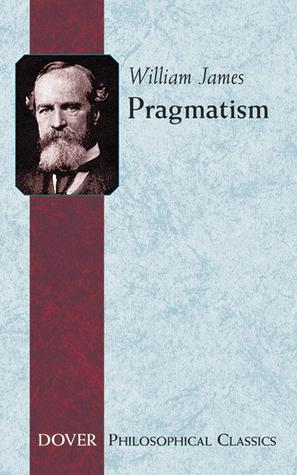Information

Author: William James
Narrator: Ryan
Format: MP3
IBSN: 9780486282701
Language: English
Publish Date: 09/12/1969
Audiobook length: 31 min
Contents
Readers Also Enjoyed Summary Audiobook 
Why listen to Pragmatism
Listening to the summary audiobook of "Pragmatism" by William James offers a concise and engaging way to understand the core principles of a philosophy that emphasizes practical consequences and real-world applications of ideas. James’ insights into how beliefs and concepts should be tested by their effects can inspire listeners to apply a pragmatic approach to their own lives, fostering critical thinking and adaptability in an ever-changing world. This summary distills complex ideas into accessible insights, making it an excellent resource for anyone interested in philosophy, psychology, or personal development.
Key Insights from Pragmatism
- Pragmatism emphasizes the practical consequences of ideas as the primary basis for their truth. William James argues that beliefs should be evaluated based on their usefulness and how well they work in real-world applications.
- James introduces the concept of the 'truth' as a fluid concept that evolves with human experiences rather than a fixed absolute. He believes that ideas gain truthfulness by being proven effective over time in guiding our actions and experiences.
- The philosophy encourages open-mindedness and adaptability in thought, recognizing that no single viewpoint holds all the answers. James posits that embracing various perspectives enriches our understanding and facilitates progress in knowledge.

Brief In, Brilliance Out
Contact: buildlearn.bk@gmail.com















